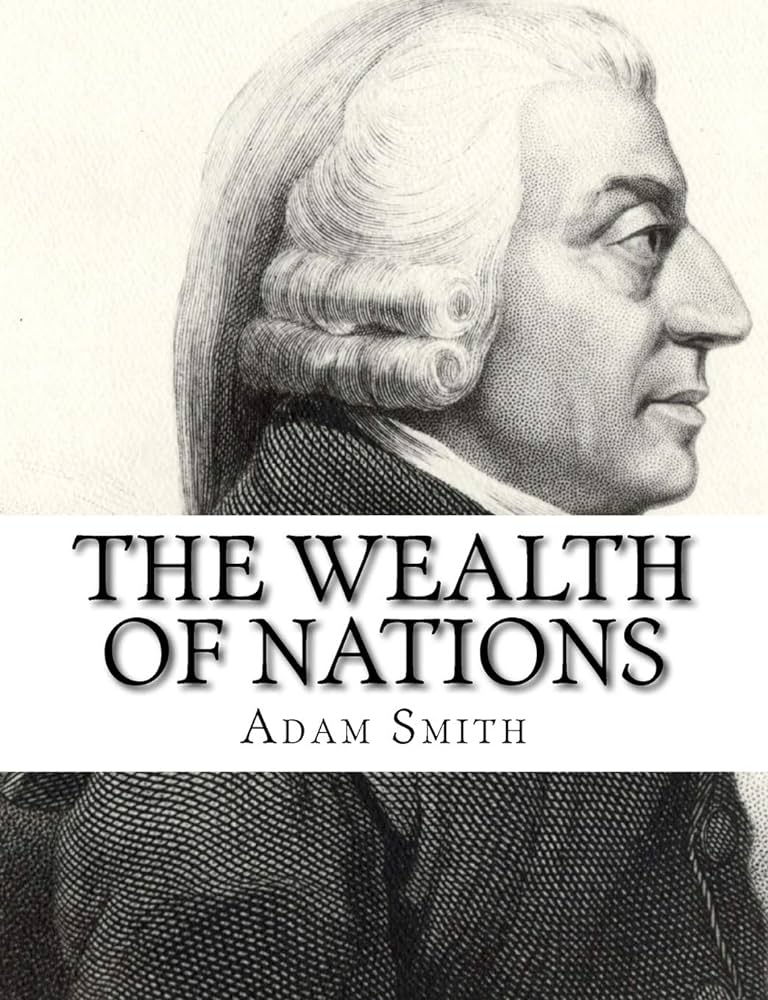By Rev. Dr. Ed and Janice Hird
-an article published in the Light Magazine
How many
Mennonite or Mennonite heritage people do you know? In the Fraser Valley alone, there are at
least 24 Mennonite Churches, led by over 100 pastors. Menno Simons has birthed a remarkable Mennonite
movement of around 200,000 in Canada and over two million people in at least 86
countries. There are now more African Mennonites than in all of North America.
If you
attend a church, like millions of Baptist, Pentecostal, Alliance, or
independent congregations that practice believer’s baptism, you can thank Menno
Simons. And if you value freedom of religion and conscience, you can thank
Menno Simons. Many of his ‘unusual’
ideas have become normalized in evangelical Christian culture.
You may be
wondering why an Anglican priest would be writing about the ‘founder/pivotal
leader’ of the Mennonites. In full disclosure, Mennonites have radically shaped
so many key moments of Ed’s life that he has wondered at times if he is an
honorary Mennonite. Both Ed and Janice were
rebaptized as adults. During the Jesus
Movement, Ed was led to Christ and rebaptized in Lake Okanagan by Len Sawatsky,
who trained at the Mennonite Columbia Bible College. While serving as a priest at St. Matthew’s
Abbotsford, Ed was privileged to be the first (and perhaps last) Anglican
priest to speak to the student body at MEI (Mennonite Educational
Institute). He has even given talks at other
Christian schools on Mennonite history.
Menno
Simons (1496 –1561) grew up in poverty as a peasant in Friesland, Holland. At
an early age, he was enrolled in a monastic school, possibly at the Franciscan
monastery in Bolsward, to prepare for the Catholic priesthood. In March 1524,
at the age of 28, he was ordained at Utrecht and assigned to the parish at
Pingjum, near the place of his birth. Seven years later in 1531, he became the
village priest in his home parish at Witmarsum.
Simons learned Latin and some Greek, but never read the Bible out of
fear that it would lead him into heresy. Instead, he did a lot of cardplaying
and drinking as the parish priest. He
commented: “Finally I got the idea to examine the New Testament carefully.” After
reading Luther’s books, Menno became known as an evangelical preacher because
he began preaching from the bible. Menno
Simon’s favorite bible verse was 1 Corinthians 3:11 “No one can lay any other
foundation than that which is laid, Jesus Christ.” Luther never met Menno
Simons and didn’t appreciate Anabaptists.
Menno’s
first exposure to ‘rebaptism’ came when he heard of Sicke Snijde’s beheading
following his adult baptism. The idea of believer’s baptism initially ‘seemed
very strange’ to Menno as he had baptized his churchgoers only as infants.
In 1535, Menno’s
brother Pieter, and some people from Menno’s congregation, were among a group
of 300 Anabaptists killed during a violent revolution led by Jan van Geelen in
Munster, just a few miles away from Menno’s parish. Of the ones who did
not lose their lives in the attack, 37 were then beheaded and 132, both men and
women, were taken to Leeuwarden, where another 55 were executed after a short
trial. Menno admired their zeal compared to his own complacency:
I saw that these zealous children,
though in error, willingly gave their lives and their estates for their
doctrine and faith…But I myself continued in my comfortable life and
acknowledged abominations simply in order that I might enjoy comfort and escape
the cross of Christ.
Seeing Munster as the apocalyptic New
Jerusalem, the Munsterites had embraced polygamy and forced people to be
rebaptized on pain of death. This shocked Menno and so he denounced
the Munsterites and embraced non-violence:
The regenerated do not go to war, nor engage in
strife. They are children of peace who have beaten their swords into plowshares
and their spears into pruning forks.
We are
called, said Menno, to be a church of peace:
True Christians do not know vengeance. They are the children of peace. Their hearts overflow with peace. Their mouths speak peace and they walk in the
way of peace.
Menno was careful,
thoughtful, and reflective, a welcome contrast to the more extreme Munsterite Anabaptists.
When Menno Simons became an Anabaptist on January 12th 1536, he
joined a movement in dangerous peril. Almost all of its initial leaders were
dead, either by disease (Conrad Grebel) or execution (Felix Manz, Michael
Sattler, Hans Hut, Hans Denck, Balthasar Hubmaier, Georg Blaurock, and Jakob
Hutter). Melchior Hoffman who brought Anabaptism to the Netherlands was in
prison. Anabaptist
leaders usually died within two to three years.
The
authorities conveniently lumped the Munsterites and the peaceful Anabaptists together. Baptist historian William Estep suggested
that the history of Anabaptists can be divided into three periods: "before
Menno, under Menno, and after Menno.” His decision to get rebaptized was very
costly:
I prayed to God with sighs and tears that He
would give to me, a sorrowing sinner, the gift of His grace, create within me a
clean heart, and graciously through the merits of the crimson blood of Christ,
He would graciously forgive my unclean walk and unprofitable life.
After
Menno’s rebaptism in 1536, he became a fugitive. He spent a year in hiding, seeking God’s
direction for his new ministry. During this time, he wrote Van de geestlijke
verrijsenisse (“The Spiritual Resurrection”), De nieuwe creatuere (“The New
Birth”), and Christelycke leringhen op den 25. Psalm (“Meditation on the
Twenty-fifth Psalm”). More than forty of his writings survived.
In 1537, he
was ordained by the Anabaptist leader Obbe Phiips, and married Gertrude. They had three children, two daughters and a
son. Only one daughter outlived him.
Many,
including Herman and Gerryt
Jansz, were arrested, charged and beheaded for having taken Simons as a lodger.
In 1544, Jan Claess’ head was cut off on
Amsterdam’s Dam Square and stuck on a stake; his body was placed on a wheel to
be eaten by animals and birds. His crimes included rebaptism by Menno and
publication in Antwerp of about 600 copies of Menno’s books. In 1549, Elisabeth Dirks, was arrested on
suspicion of being Menno’s wife (she wasn’t), endured imprisonment,
inquisition, torture, and finally death.
Menno
taught the Mennonites, in the spirit of the Sermon on the Mount, to value
simplicity and avoid pride:
I voluntarily renounced all my worldly honor
and reputation…and at once willingly submitted to distress and poverty, and the
cross of Christ.
In 1542,
the Holy Roman emperor Charles V promised 100 guilders reward ($8,100 CDN) to
bring about Menno’s arrest. In 1543, the Netherlands ordered the death sentence
for anyone publishing, spreading, or reading Menno Simon’s work. Pardon of all crimes, and a hundred guilders,
was promised in 1544 to criminals who could deliver Menno Simons to the
government. Menno’s publisher John Claus was executed that following year. Around
this time, the term ‘Mennist’ or ‘Mennonite’ came into use, a phrase that Menno
tried unsuccessfully to discourage. In his later years, he often used crutches,
calling himself ‘the lame’. Finally in 1544, the Simons found safe refuge in a
Holstein cottage near Lubeck, Germany. After his peaceful death, he was buried in
1561 in his garden. In the 1550s, from 2,000 to 4,000 Mennonites were tortured,
beheaded or buried alive. The many stories of the Mennonite martyrs are
recorded in the 1660 Martyrs Mirror by Thieleman J. van Braght.
Menno
sought to establish a believers’ New Testament Church. His desire to separate
church from state was unusual in a time of state churches. He saw the church’s
identity as a spotless bride ready for her coming husband. Mennonites often
speak of being in the world, but not of it.
Menno’s
pacifist convictions brought great suffering to his Mennonite followers who
left Holland, then Prussia, then South Russia (Ukraine), and moved to Canada in
order to say no to violence. Ukrainian
Mennonites were often caught between a rock and a hard place as first the
communists and then the nazis tried to break down their pacifism. While Canada
initially promised military exemption and private schools in the language of
choice, the government reneged on their educational promise, forcing Mennonite
children to attend Public English schools. Over 7,000 Mennonites moved to
Mexico and Paraguay because of this betrayal by the Saskatchewan and Manitoba
governments. In 1920 to 1921, Canada banned
Mennonites from entering Canada because of their unCanadian pacifist
views. Then again from 1929 to 1945,
Mennonites were not permitted to move to Canada.
A major
theme of Menno’s writings is the new birth. He was strongly Christ-centered,
desiring believers to not just talk the talk, but also walk the walk as new
persons. Out of Menno’s deep suffering came a conviction of caring for other
hurting people:
True evangelical faith … cannot lie dormant. …
It clothes the naked, it feeds the hungry, it comforts the sorrowful, it
shelters the destitute, it serves those that harm it … it binds up that which
is wounded … it has become all things to all people.
Menno’s
compassion has inspired the MCC (Mennonite Central Committee) to help millions,
particularly those who are refugees. Matthew
25:35 has been described as the ‘national anthem’ of the Mennonites: “For I was
hungry and you gave me something to eat, I was thirsty and you gave me
something to drink, I was a stranger and you invited me in.” Many lost people
first meet Jesus through the practical caring of Mennonites. Encouraged by Menno’s example, Mennonite
communities regularly show the highest level of charitable giving in Canada.
Like their
founder, Mennonites tend to be independently minded people. Life for Mennonites is often like a Mennonite
patchwork quilt of joy and suffering. Because
Mennonites fight with words rather than weapons, they have developed a rich
body of literature exploring their history and identity. They remarkably turn
tragedy into comedy with very dry humour and word-play.
We thank
God for Menno Simons and his caring, peaceful and generous Mennonites who have
made Canada a better place to live.
Rev. Dr. Ed
& Janice Hird, co-author with David Kitz of The Elisha Code


















